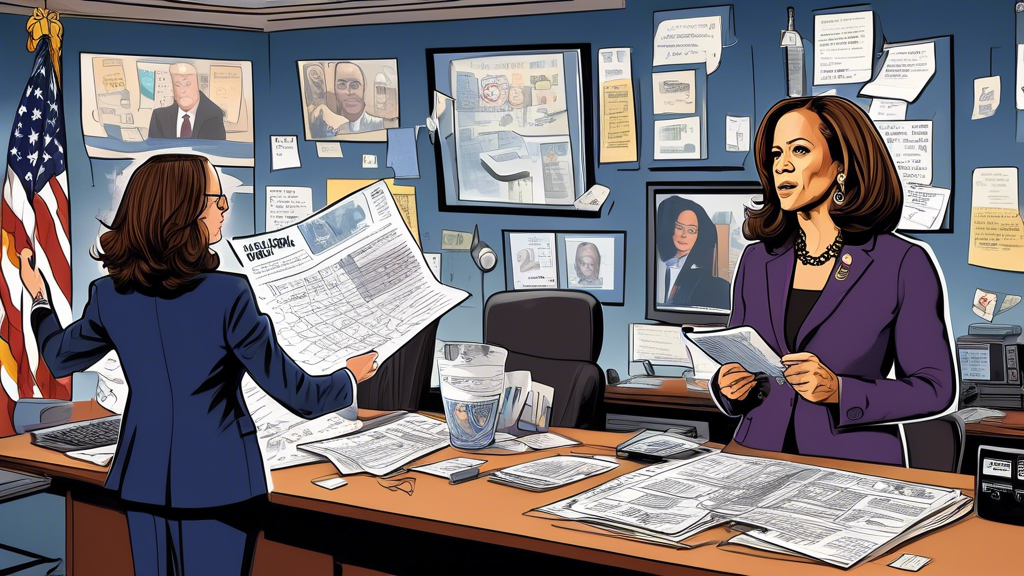
FCC Commissioner Raises Concern Over SNL’s Compliance with Equal Time Regulation
In a recent statement, an FCC commissioner suggested that NBC’s iconic sketch comedy show, Saturday Night Live (SNL), may have violated the Federal Communications Commission’s (FCC) equal time rules. This regulation mandates that broadcast stations provide equal airtime to all qualified candidates for a specific office if they grant time to one candidate during an election season.
Context of the Issue
The controversy stems from SNL’s recent episodes, which featured a range of political sketches, including those that prominently targeted or featured certain candidates. The timing and content of these sketches have raised questions about whether the show is granting equitable exposure to all individuals running for office.
Understanding the Equal Time Rules
The FCC’s equal time rules are critical for maintaining fairness in the media landscape, particularly during election cycles. Under these regulations, if a broadcast outlet provides airtime to one political candidate, it is obliged to offer equal opportunities for other qualified candidates competing for that same role. This framework is designed to ensure that voters receive balanced information during critical electoral periods.
Potential Consequences for NBC
If an investigation finds SNL in violation of these equal time regulations, NBC could face serious repercussions from the FCC. Possible consequences include regulatory action or penalties, which could impact not only the network’s operations but also its public image as a reliable news and entertainment source.
The Commissioner’s Statement
The FCC commissioner emphasized the importance of adherence to these rules, asserting that compliance is vital for preserving fairness and equity in political broadcasting. This scrutiny reflects a broader push to ensure media outlets uphold their responsibilities during election seasons, especially amidst heightened political tensions and a polarized electorate.
This situation highlights the ongoing examination of media practices during critical electoral times, as stakeholders advocate for a balanced approach to coverage that honors the democratic process. As public interest in political content continues to grow, the implications of this case may resonate beyond SNL, influencing how media outlets navigate the complexities of political programming.
